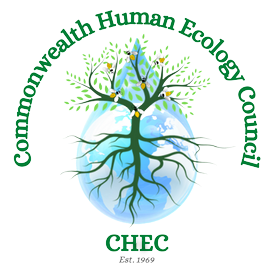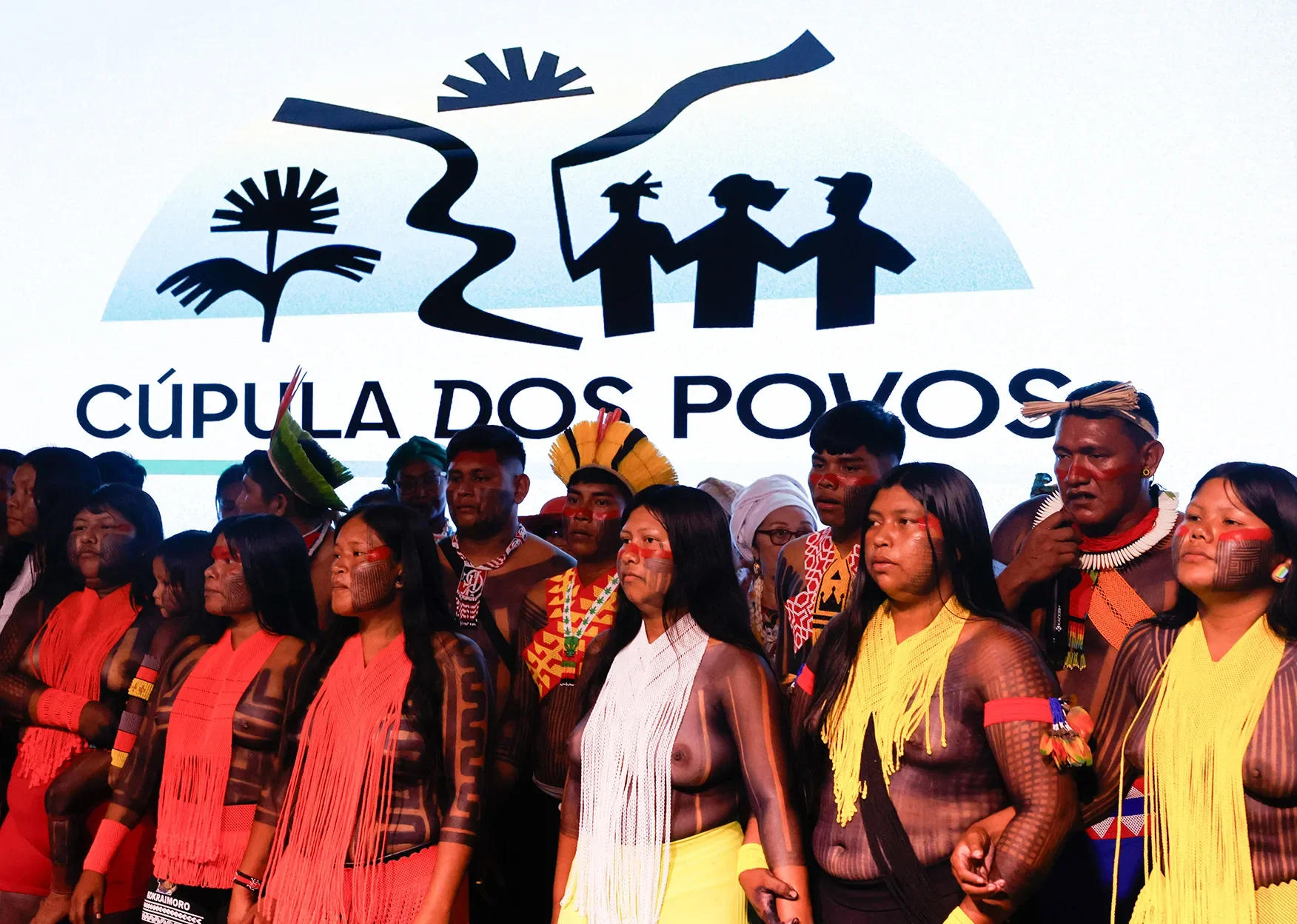COP30 Day 4
Day 4 of COP30 placed health, education, and human rights at the center of global climate adaptation efforts, underscoring that protecting people is fundamental to climate action. The day opened with a milestone: the formal adoption of the Belém Health Action Plan (BHAP), led by Brazil, which unites countries around a shared roadmap for climate-resilient health systems grounded in equity, surveillance, local innovation, and strengthened public health capacity. Education took equal prominence as ministers convened for the High-Level Roundtable on Greening Education, co-hosted by Brazil and UNESCO, to highlight national commitments to climate literacy, teacher training, and curriculum reform. Across the venue, legal and human rights leaders, including judges from the International Court of Justice, gathered for the Day of Justice, Climate and Human Rights to advance judicial strategies for climate accountability and to launch the Belém Declaration of Judges on Climate Change. Additional panels explored carbon accounting harmonization, climate-responsive architecture, and the integrity of climate information, showcasing Brazil’s leadership as the first country to establish a national chapter of the Global Initiative for Information Integrity on Climate Change.
High-level engagements reinforced the day’s focus on people-centered adaptation and the systems needed to sustain it. The COP30 Presidency Press Conference, featuring Ana Toni, Health Minister Alexandre Padilha, IDB President Ilan Goldfajn, and Wellcome Trust’s Dr. Alan Dangour, emphasized the vital role of financing in building resilient health and education sectors. Later, Ambassador André Corrêa do Lago and senior Brazilian officials outlined progress across the agenda at the evening Presidency Briefing. Throughout the afternoon, the ACE Presidency Event highlighted how information integrity underpins effective climate empowerment, while the Ministerial Roundtable on Greening Education gathered global commitments to expanding climate literacy and future-ready learning. The Belem Climate Dialogue with Indigenous Peoples closed the day with powerful interventions from Indigenous leaders across seven sociocultural regions, deepening international recognition of Indigenous knowledge as essential to global adaptation strategies. Collectively, Day 4 demonstrated that resilient futures depend on systems that protect health, expand education, uphold rights, and elevate the voices of those most affected.

